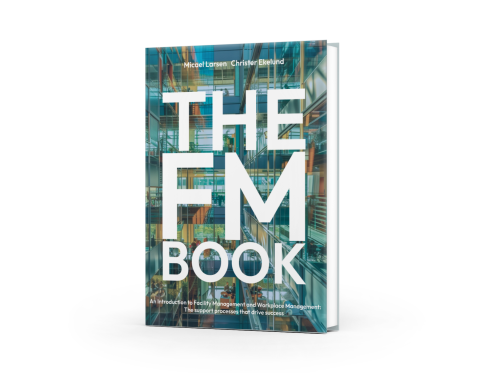There’s an old saying in Swedish: ‘Knowledge is easy to carry.’ But is that still true in today’s world? In a time when we’re bombarded with millions of impressions every day – from notifications, emails, social media, advertising, news, and conversations – it’s easy to feel overwhelmed rather than enlightened.
Research shows our brains are constantly working to filter, sort, and interpret information. So, the question is no longer whether knowledge is easy to carry, but how we carry it – and how we choose which knowledge is worth holding onto.
The challenge of information overload
We live in a globalised, digital society where information is available anytime, anywhere. This brings incredible opportunities – but also significant challenges. As everything accelerates and every moment is filled with new stimuli, having a clear strategy for how we acquire and manage knowledge becomes critical. Without one, we risk drowning in a sea of data, where valuable insights are lost among trivialities.
Facility Management – An industry in rapid transformation
Facility Management is a clear example of an industry where handling knowledge strategically really matters. It’s growing fast worldwide and focuses on creating workplaces that are efficient, sustainable and run smoothly, bringing together everything from building operations and technology to workplace services and digital tools.
The Facility Management industry is undergoing significant change, with key trends shaping its future including:
- Artificial Intelligence (AI) for predictive maintenance and smart resource use
- Data analytics to optimise energy consumption and workflow efficiency
- Digital twins that mirror building performance in real time
- Flexible work environments tailored to employee needs
- Health and wellbeing as a core part of workplace strategy – including air quality, lighting, acoustics, and ergonomics
- Attractive, productive environments that strengthen company culture, engagement, and innovation
- Neurodesign – workplace design based on neuroscience and cognitive psychology, creating spaces that support focus, creativity, and recovery
In this evolving landscape, access to the right knowledge – at the right time and in the right format – is more crucial than ever. Professionals in Facility Management need a broad and continually updated knowledge base that bridges technology, behavioural science, and sustainability.
My strategy for learning and applying knowledge
To navigate today’s information landscape, I’ve developed a personal strategy built on three key principles:
- Curator, not consumer
I don’t try to absorb everything. Instead, I act as a curator – carefully selecting trustworthy sources, relevant topics, and formats that suit my learning style. - Reflection and application
Knowledge that isn’t used is easily forgotten. That’s why I always reflect on what I learn: How can I apply this to my work? How does it shape my thinking? - Digital tools as support
I use AI and digital tools to sort, analyse, and summarise information. This saves time and helps me focus on what truly matters.
The Solution: Curated knowledge compiled in a book
In an era of fleeting and fragmented information, there’s real value in gathering knowledge in a structured and accessible way. Imagine a modern digital reference book – a visually engaging, interactive, and thematically organised source of knowledge. A place where facts, reflections, illustrations, and examples work together to foster deeper understanding. A reliable resource that’s continuously updated.
Design that stimulates the brain
To truly connect with our brains – and stay there – knowledge must be presented in ways that engage our cognitive functions. It’s not just about the words, but also about:
- Illustrations that visually explain complex ideas
- Colours that help the brain categorise and remember
- Typography and layout that make content easier to digest
- Imagery and metaphors that create emotional connections
When we combine these elements with well-structured information, we create a complete experience – making knowledge not only easier to carry, but more meaningful too.

